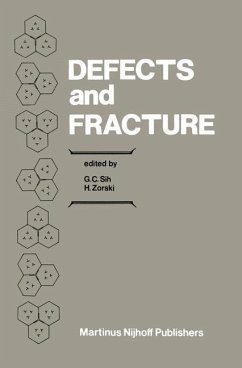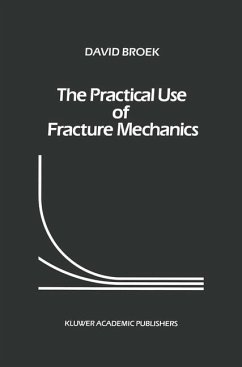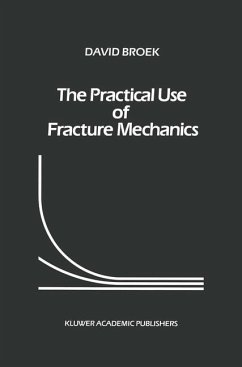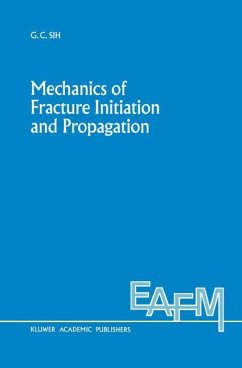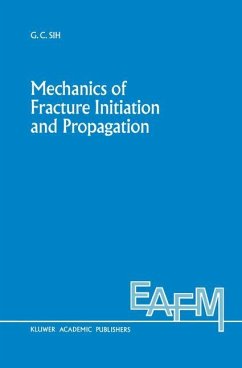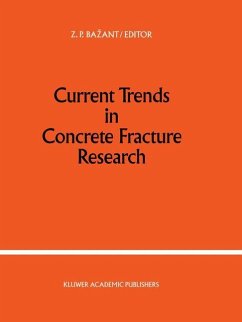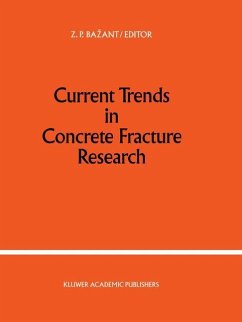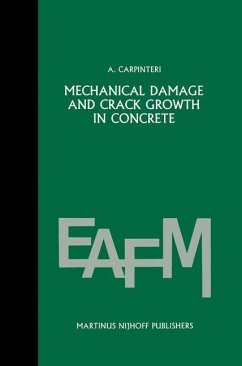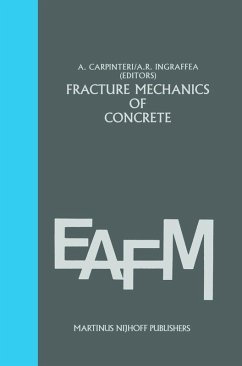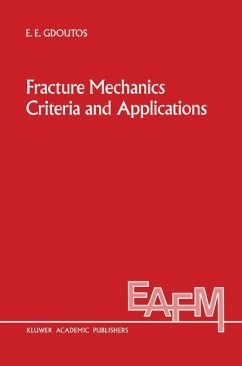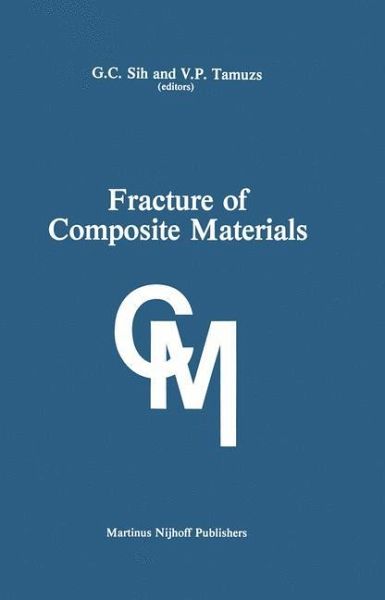
Fracture of Composite Materials
Proceedings of the Second USA-USSR Symposium, held at Lehigh University, Bethlehem, Pennsylvania USA March 9-12, 1981
Herausgegeben: Sih, George C.; Tamusz, Vitauts P.

PAYBACK Punkte
77 °P sammeln!
The Second USA-USSR Symposium on Fna~e 06 Compo~~e Mat~a Pds. h took place at Lehigh University, Bethlehem, Pennsylvania, during 9-12 March, 1981. This bilateral program between the U. S. and Soviet Union was organized by Professor George C. Sih of the Institute of Fracture and Solid Mechanics at Lehigh Uni versity and Dr. Vitauts P. Tamuzs of the Institute of Polymer Mechanics of the Academy of Sciences of the Latvian SSR in Riga. The First Symposium was held in 1978 at Jurmala near the coast of Riga Bay. The primary reasons for initiating this series of Symposia were to dissemi nate present ...
The Second USA-USSR Symposium on Fna~e 06 Compo~~e Mat~a Pds. h took place at Lehigh University, Bethlehem, Pennsylvania, during 9-12 March, 1981. This bilateral program between the U. S. and Soviet Union was organized by Professor George C. Sih of the Institute of Fracture and Solid Mechanics at Lehigh Uni versity and Dr. Vitauts P. Tamuzs of the Institute of Polymer Mechanics of the Academy of Sciences of the Latvian SSR in Riga. The First Symposium was held in 1978 at Jurmala near the coast of Riga Bay. The primary reasons for initiating this series of Symposia were to dissemi nate present knowledge, to promote interchange of ideas, and to stimulate addi tional studies on the development of composite materials between the U. S. and USSR. Both countries have a vested interest in developing the capability to assess and utilize the attractive mechanical properties of composites so that they can be tailor-made to meet specific design requirements. Despite the in creasing number ofpublished papers and articles, there is no communication more effective than on a person-to-person basis. It is with this objective in mind that a small group of engineers and scientists from the U. S. and USSR have planned to meet every two years to report recent progress on composite material research. The size of this group is approximately sixty (60) participants. The presentation involves about forty (40) technical papers which are published in volume.





